Serendipity I

Overview
Serendipity I is a substance abuse treatment center for people seeking treatment near Kings County. As part of their treatment modalities for recovery, Serendipity I provides cognitive behavioral therapy, telemedicine/telehealth therapy, and substance use disorder counseling during treatment. Serendipity I is located in Brooklyn, New York, accepting cash or self-payment for treatment.
Serendipity I at a Glance
Payment Options
- Cash or self-payment
- Medicaid
- Medicare
- State-financed health insurance plan other than Medicaid
- Federal, or any government funding for substance use treatment programs
Assessments
- Screening for tobacco use
- Comprehensive substance use assessment
- Outreach to persons in the community
- Screening for mental disorders
- Screening for substance use
Age Groups
- Seniors or older adults
- Adolescents
- Young adults
- Children/adolescents
Ancillary Services
- Case management service
- Early intervention for HIV
- Mental health services
- Social skills development
- Transportation assistance
Highlights About Serendipity I
6.96/10
With an overall rating of 6.96/10, this facility has following balanced range of services. Alcohol Rehabilitation: 8.00/10, Drug Rehab and Detox: 6.00/10, Insurance and Payments: 6.00/10, Treatment Options: 7.82/10.-
Alcohol Rehabilitation 8.00
-
Treatment Options 7.82
-
Drug Rehab and Detox 6.00
-
Insurance and Payments 6.00
Treatment At Serendipity I
Treatment Conditions
- Alcoholism
- Substance use treatment
Care Levels
- Hospital inpatient treatment
- Outpatient
- Long-term residential
- Intensive outpatient treatment
- Regular outpatient treatment
Treatment Modalities
- Cognitive behavioral therapy
- Telemedicine/telehealth therapy
- Substance use disorder counseling
- Trauma-related counseling
- Smoking/vaping/tobacco cessation counseling
Ancillary Services
Languages
- Spanish
Additional Services
- Pharmacotherapies administered during treatment
- Mentoring/peer support
- Breathalyzer or blood alcohol testing
Special Programs
- Clients with co-occurring mental and substance use disorders
- Veterans
- Active duty military
- Members of military families
- Criminal justice (other than DUI/DWI)/Forensic clients
Get Help Now
Common Questions About Serendipity I
Contact Information
Other Facilities in Brooklyn

7.60
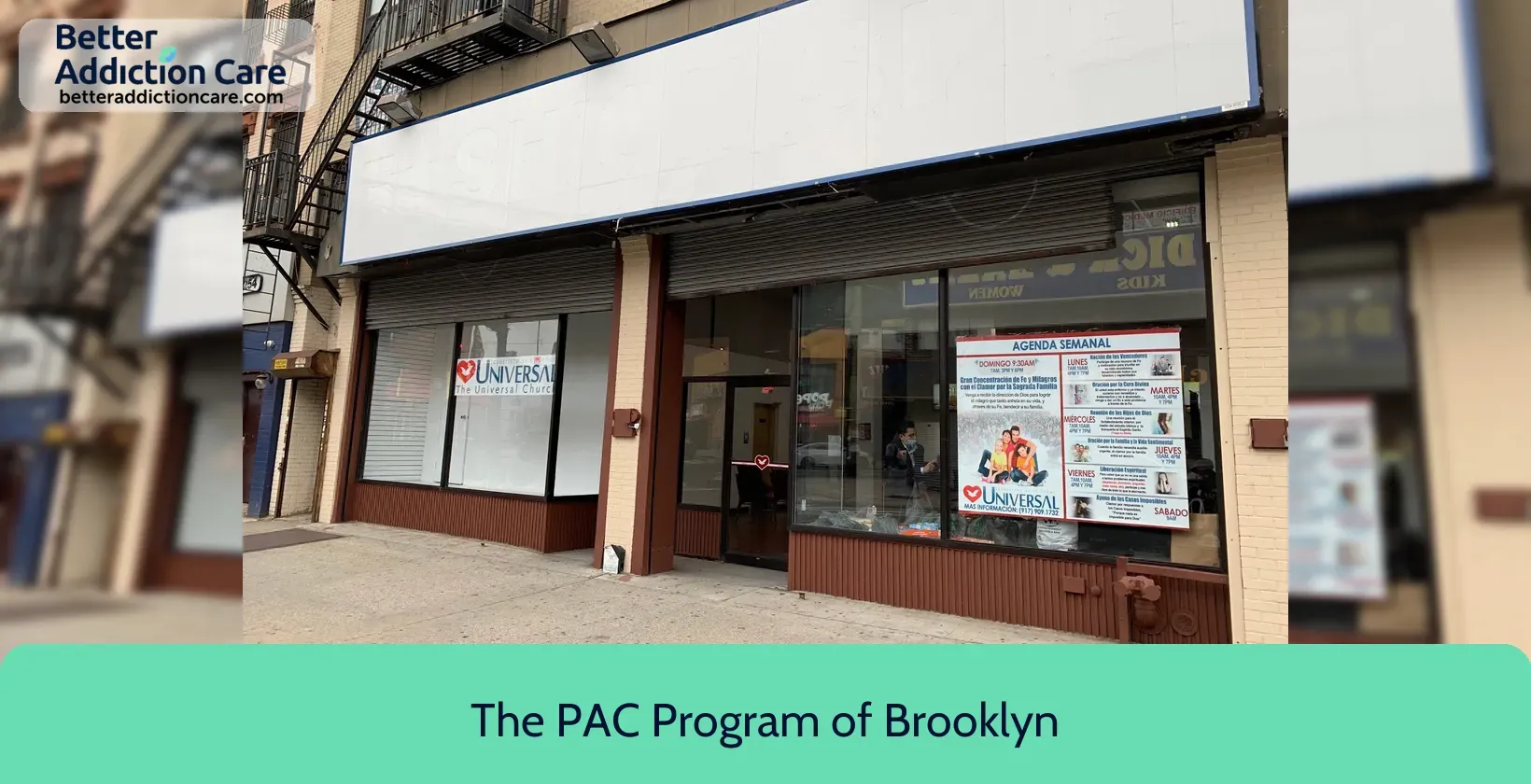
7.25
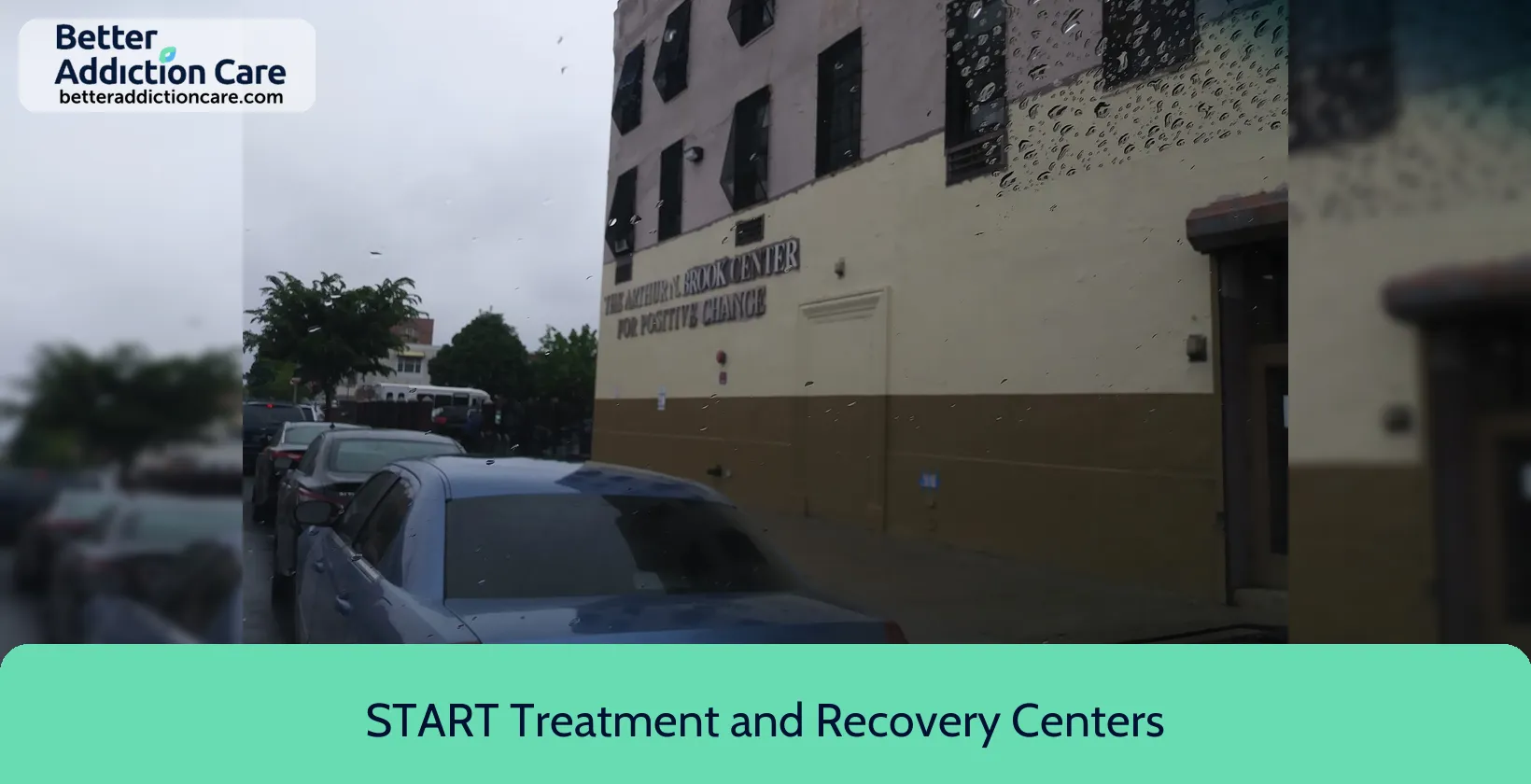
6.99
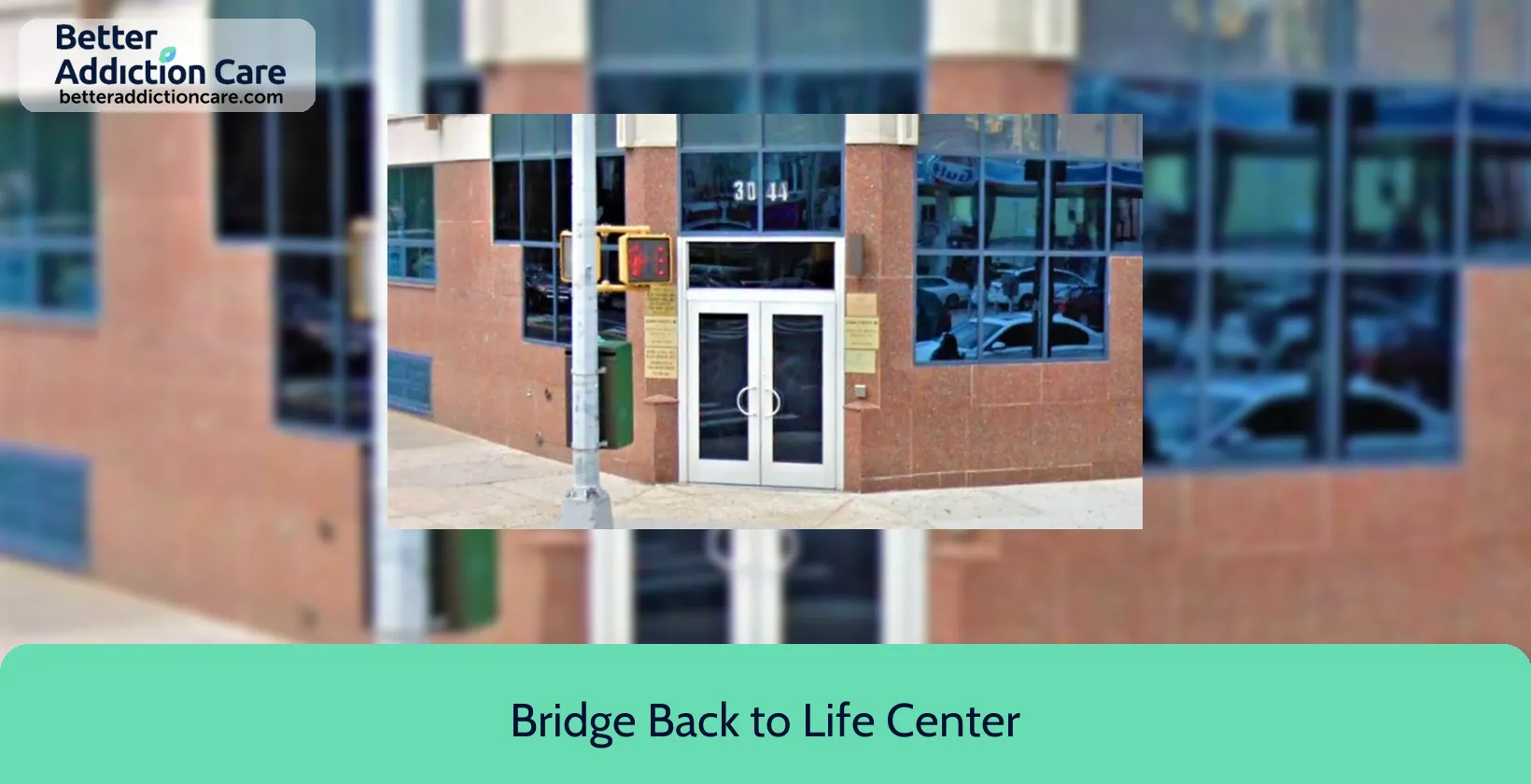
7.58
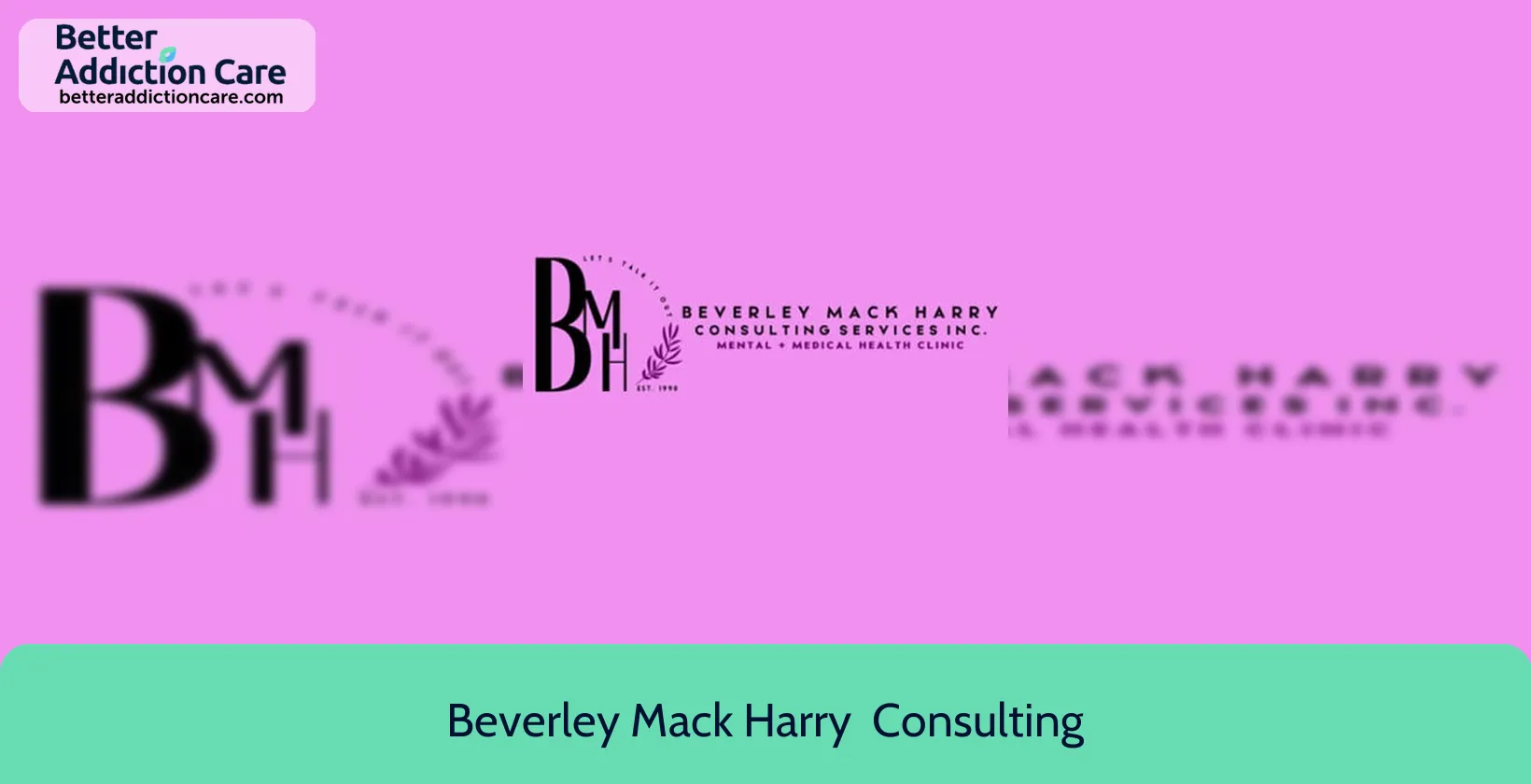
6.71
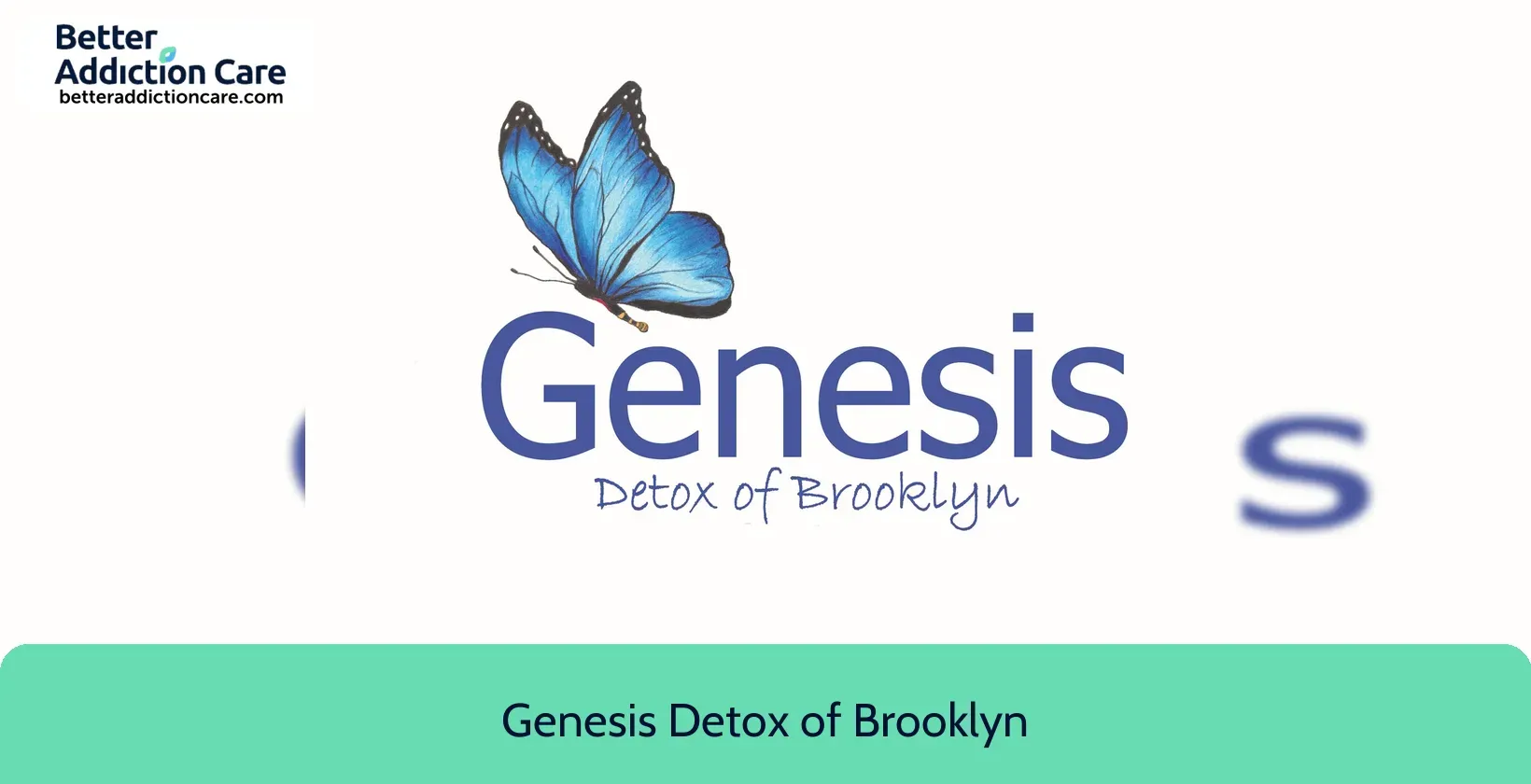
7.57

6.65
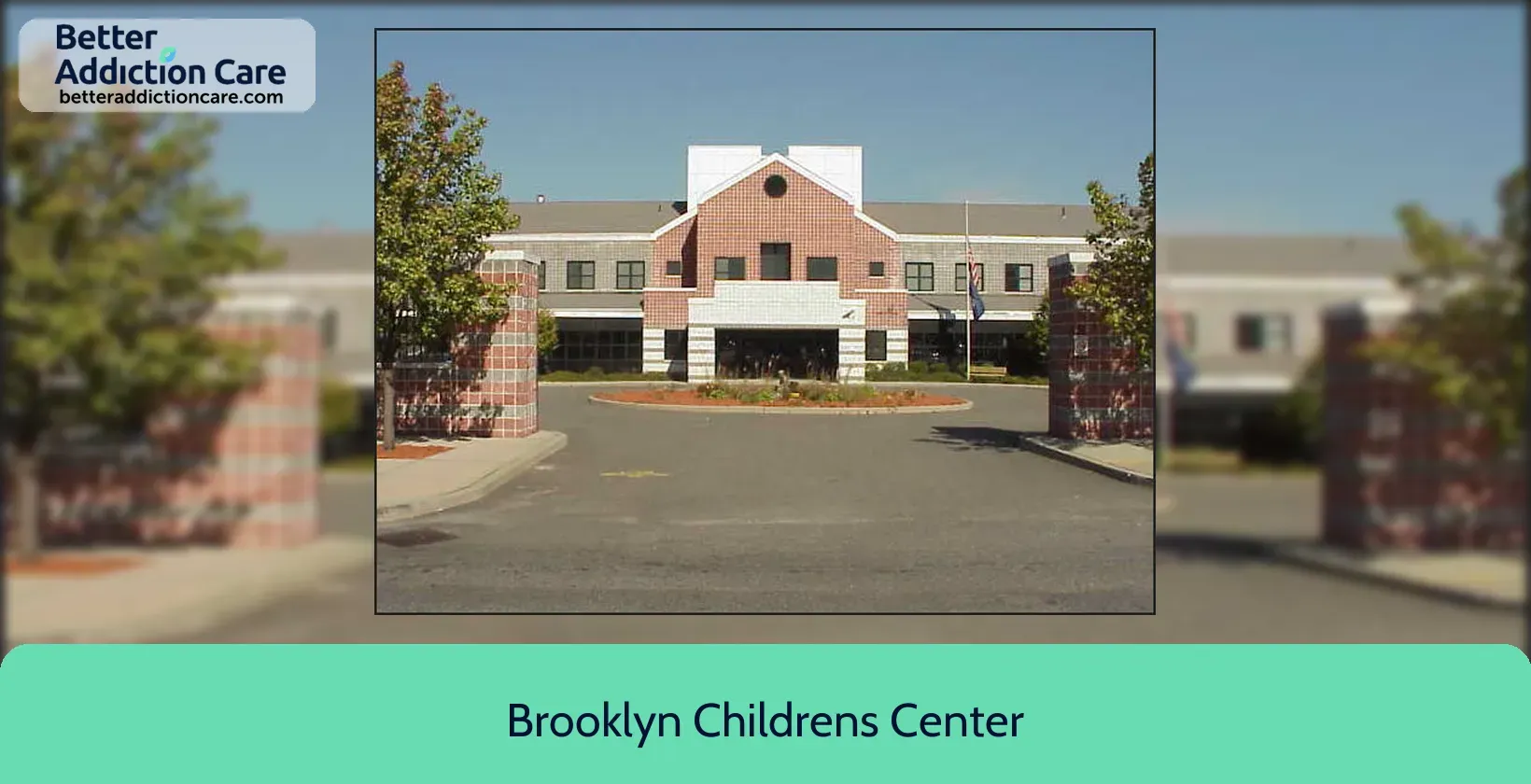
6.71
DISCLAIMER: The facility name, logo and brand are the property and registered trademarks of Brooklyn Childrens Center, and are being used for identification and informational purposes only. Use of these names, logos and brands shall not imply endorsement. BetterAddictionCare.com is not affiliated with or sponsored by Brooklyn Childrens Center.
